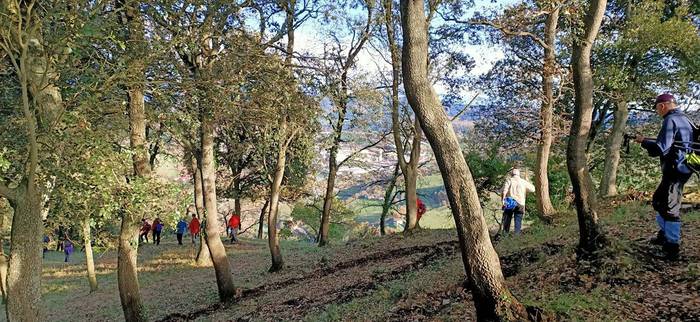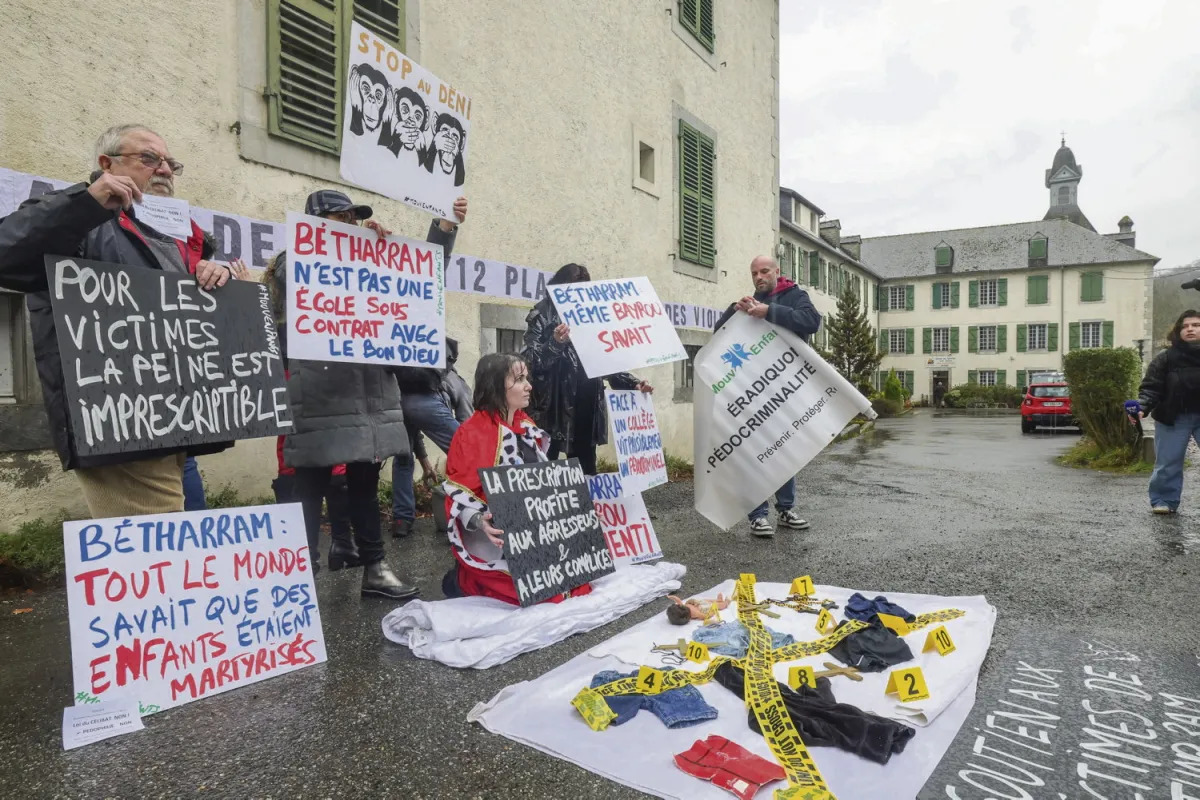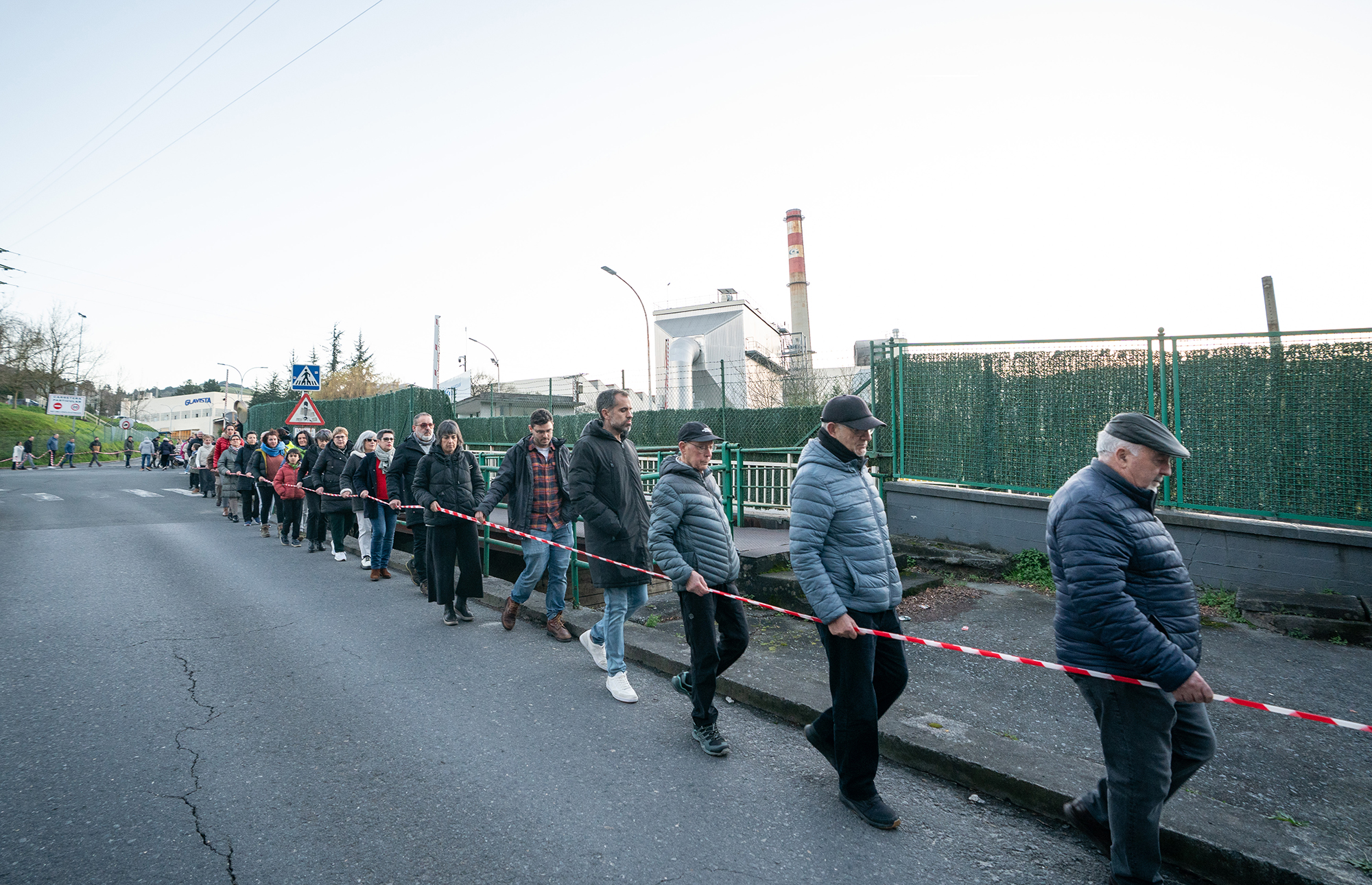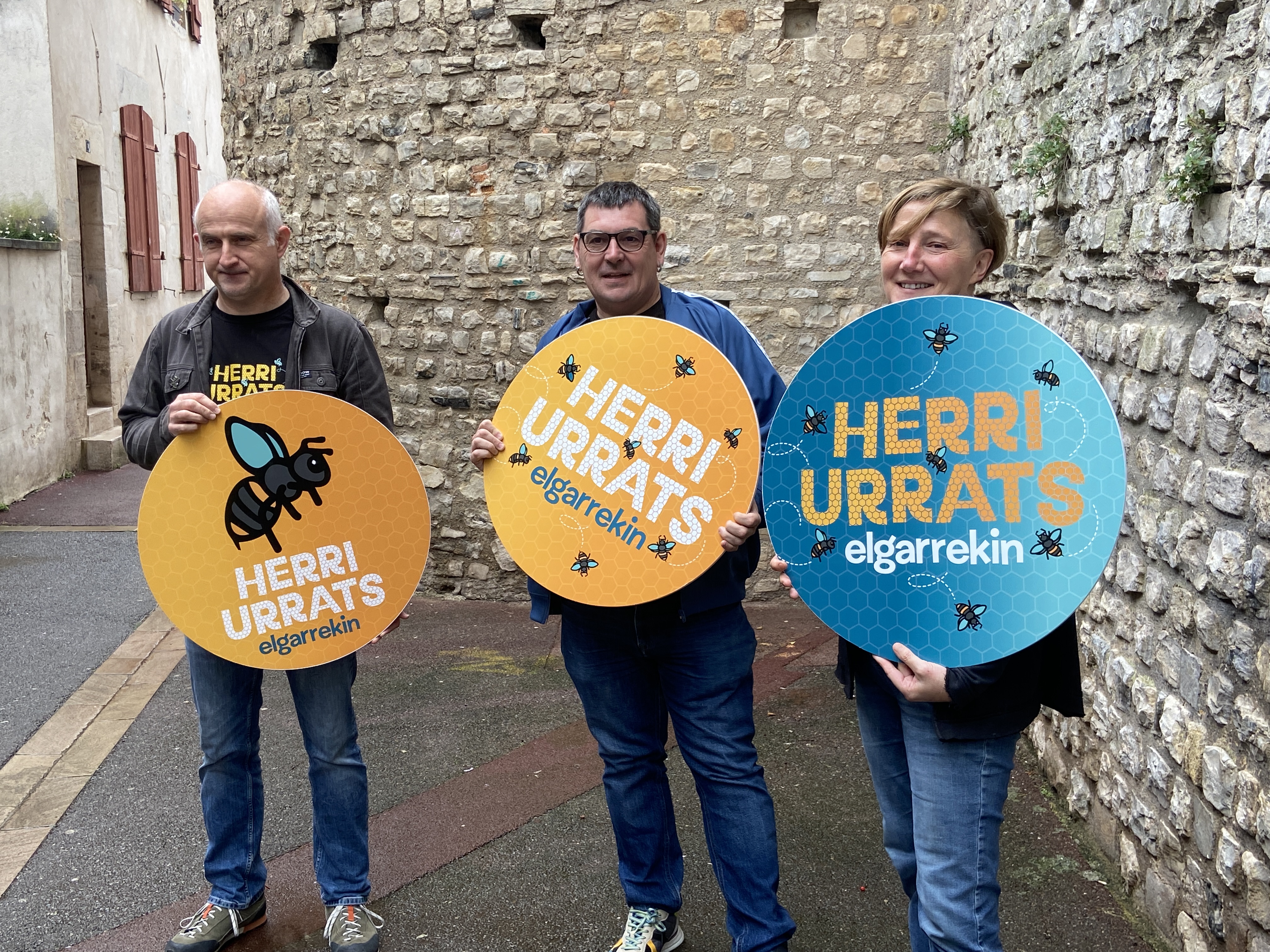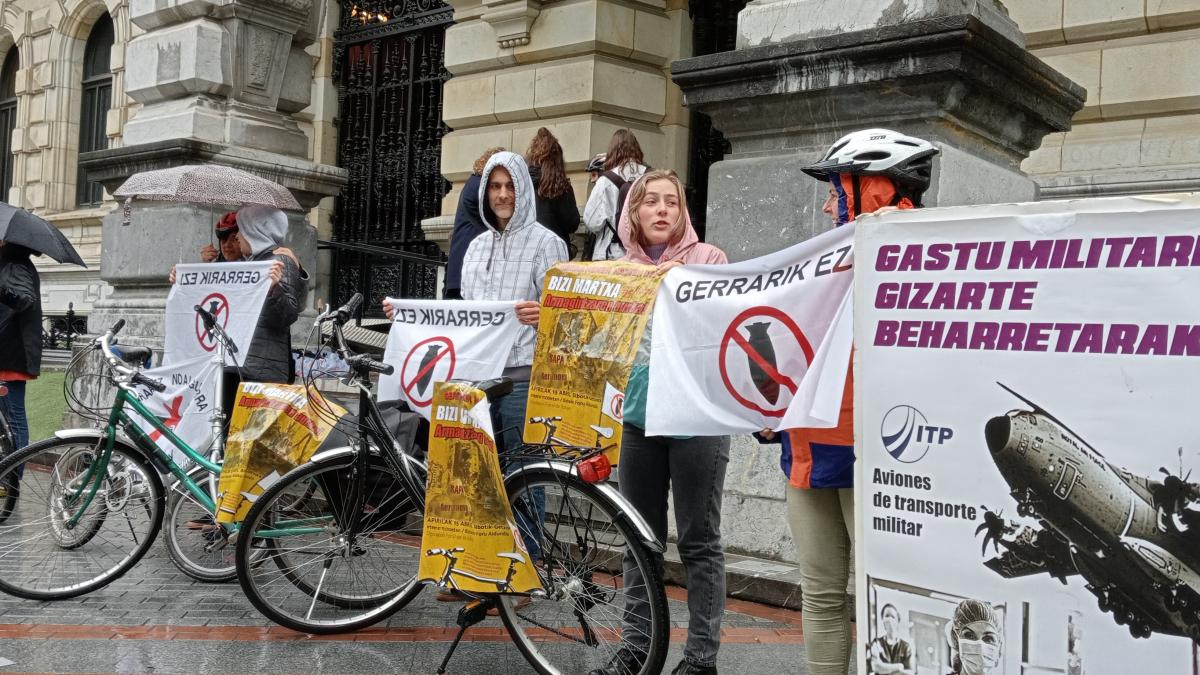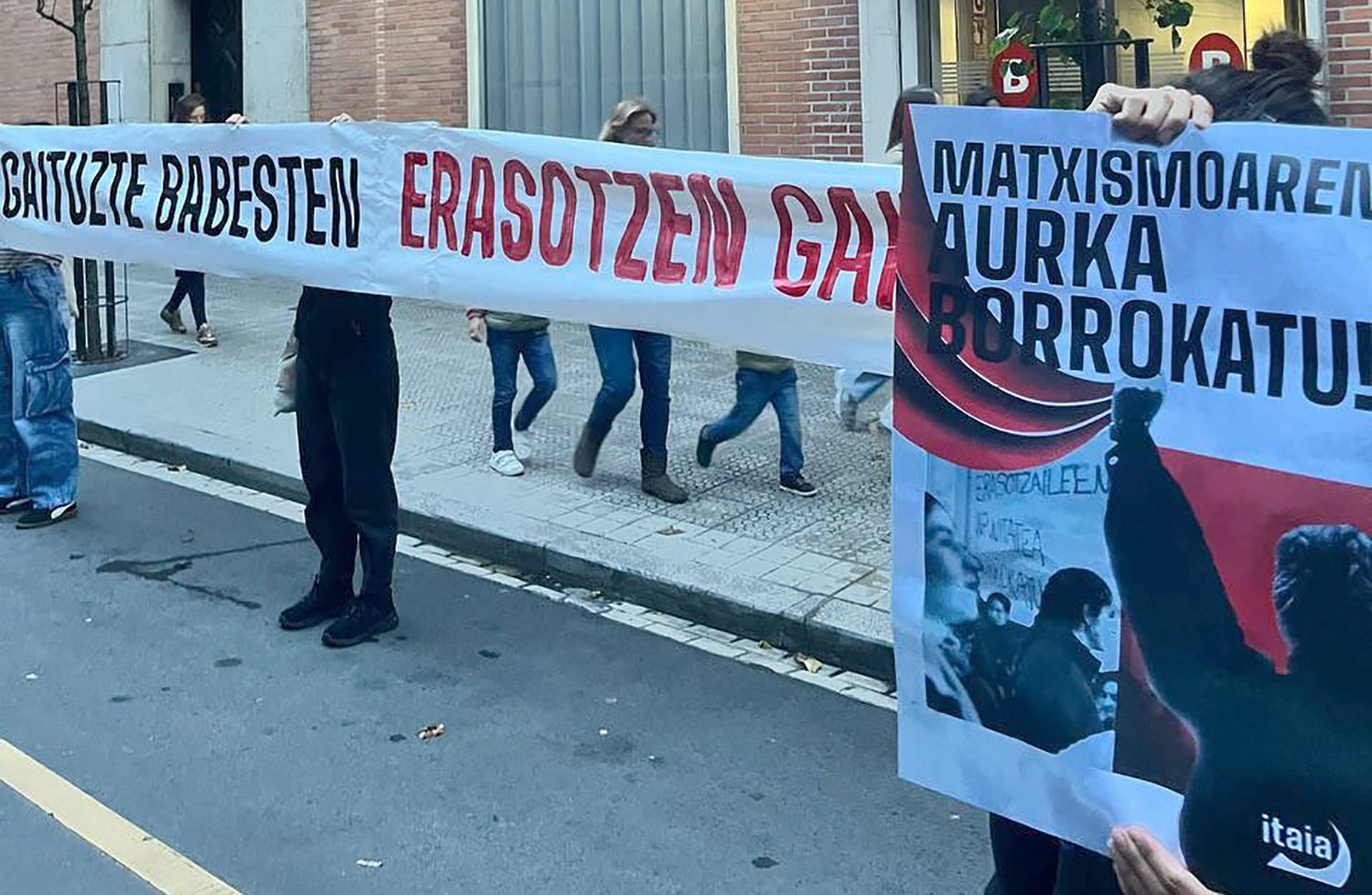All economic adjectives
- On the occasion of the 10th anniversary, Olatukoop has produced two leaflets and has them in the oven, all related to the transformative economy and cooperativism. On the one hand, a brochure or guide on public cooperatives will be published, which, in addition to explaining what a public cooperative is, provides the keys to the creation of such a project dituena.Beste, with a deeper theoretical content that focuses on the economy.
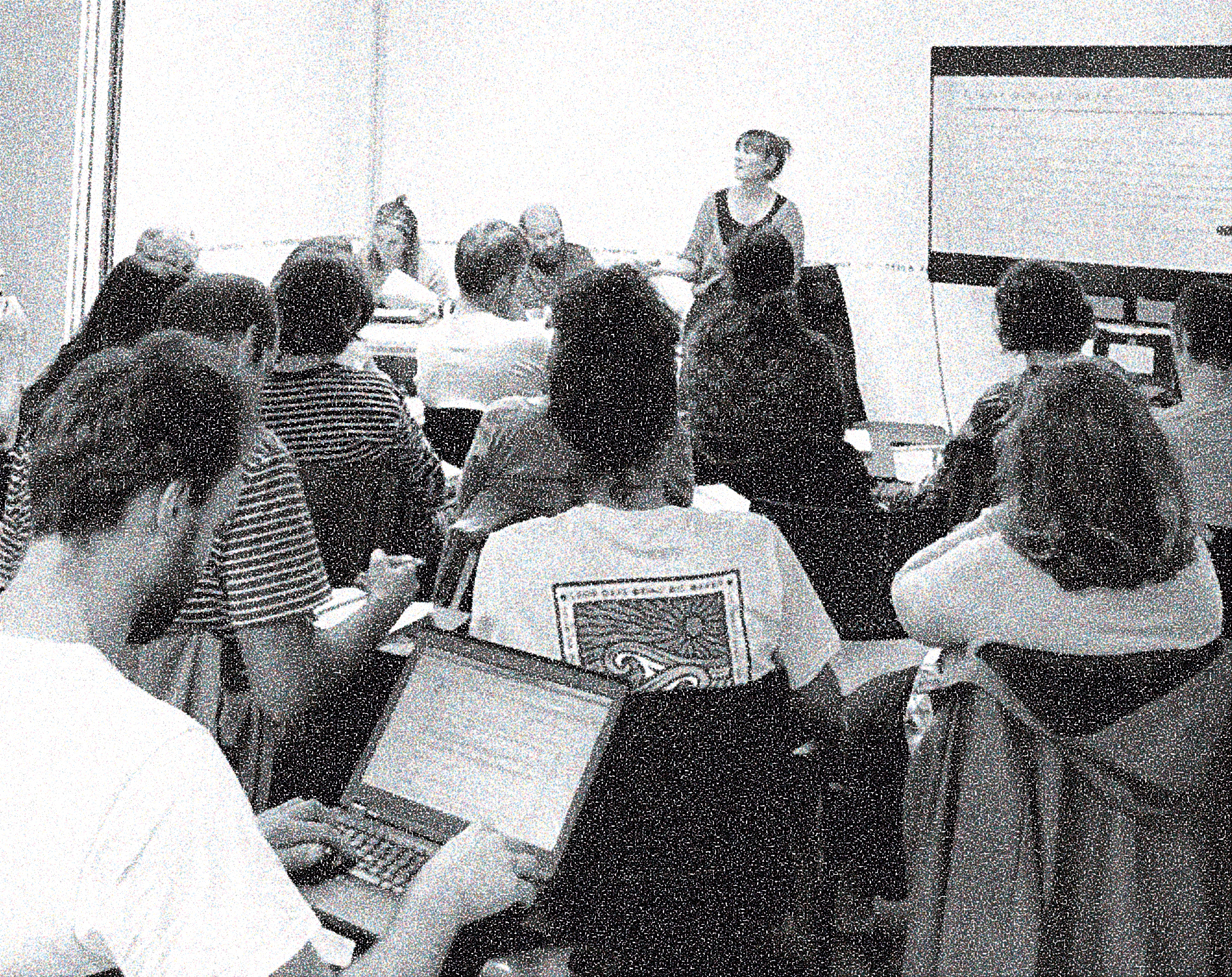
The partner of the cooperative Oscar García Talaios has prepared a paper entitled 'Transformative Economy(s)'. Doctor of Territorial Economics and former Andalusian cooperativist, who wants to know García can read the interview we made in number 2.594 of ARGIA. The economist proposes in the book Transformative Economy(s) a theoretical framework of concepts that are used from mouth to mouth in the transformative economy but are often difficult to understand, from which some details are presented below.
Capitalism > In the first part, the author defines the most basic economic notions, starting with capitalism. In this type of economy "nature, like almost everything, becomes a private and exclusive property of someone. Thus, the capitalist economy has enabled its hegemonic agent, capital, to exist". Fir > But this existence is built on other bases. In fact, ecofeminism
has given a "clarifying" vision in this sense, as it says that the economy is composed of "links" that sustain life: they underlie nature, preservation and community, which make the state and the spaces of the capitalist market not sink. It's what's known as the "iceberg economy."
Benefits vs. life > The goals are also very different. "In the capitalist economy, the fundamental objective is profit or the accumulation of profits/capital. Conversely, transformative economies seek to maintain and enrich life." Work > The capitalist system reduces the concept of "work" to "employment" or wage earning work. But this did not happen immediately and peacefully: "People did not readily accept the discipline, control and dependency that brought them into becoming
a workforce. Thousands of people were killed in European countries and colonies, and many women were raped and killed to impose labor discipline dependent on witch hunting," explains García, citing studies by Silvia Federici. In 2020, with the pandemic it became clear that the essential works for life are those carried out under the "conditions of subalternity".
"People did not readily accept the discipline, control and dependency that brought them into labor. Thousands of people were killed in European countries and colonies, and many women were raped and murdered to impose labor discipline dependent on witch hunting."
Common and private > The privatization of the Earth is at the origin of the current system, or what is the same, the "abolition of the collective use of nature". There is a "commun" facing the idea symbolized by the closures or in England with the word enclosure. Originally they were called collective land, forests and grasslands, but today it covers everything that can become the object of privatization, commodification and "other catches" of capitalism.
The second part of the book analyzes different types of social or social economy. How many economies, so many adjectives -- the capitalist social economy, the collaborative economy, community economies, the popular economy, the solidarity economy, the transformative economy -- but the differences are important according to the paradigm: some seek to meet people's needs, others transform society. And here García dares to launch a definition of Transformative Social Economy: "A set of initiatives that aim to move towards an alternative socioeconomic system that has as its sole objective the maintenance and improvement of life, which should be another objective of the economy (without adjectives)".
Sovereignty > The author addresses the issue of territorial development in the third and final chapter, providing some ideas about emancipation linked to local democracy. It says that in order to achieve general economic sovereignty it is necessary that "the sovereignty obtained collectively in a given territory or "territorial economic sovereignty". Thus, "without sovereignty, it will not be possible to face from the bottom a framework and policies imposed from above by capital".
Between concepts and concepts, García also recalls in his work practical and historical experiences that can serve as cooperative principles. For example, Pirenaico Law, which was based on the legal form, the assemblies, the auzolanes and the communal lands, or the values of the Andalusian day laborer class, in the fulfillment of good work, which include the unit of expropriates and the division of lands.
[*This article, Olatukoop: ten years of work, has been published in a report in favor of a more prosperous life for all]












